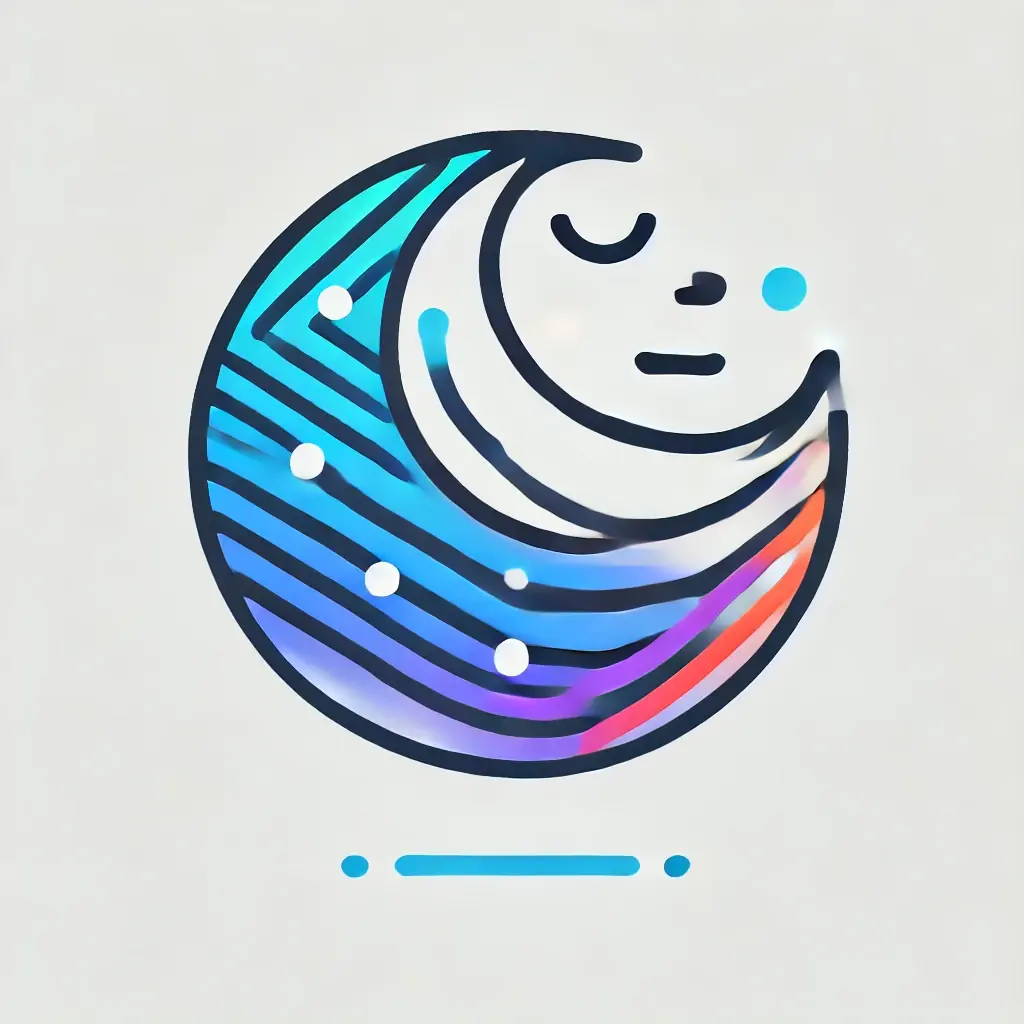Smart Sleep Monitoring with AI Technology
Artificial Intelligence (AI) is revolutionizing the way we monitor and improve sleep quality through advanced sleep trackers and smart mattresses. These connected devices leverage AI to analyze sleep patterns, detect disorders, and provide personalized recommendations for better sleep.
AI-Powered Sleep Trackers
Smart sleep trackers are equipped with sensors that monitor various aspects of sleep, such as duration, depth, and quality. These devices collect data on heart rate, respiration, and movement, which AI algorithms then analyze to identify sleep stages and detect anomalies. This analysis helps in diagnosing sleep disorders like insomnia and sleep apnea, offering users tailored insights and recommendations to enhance their sleep habits[2].
Smart Mattresses
Smart mattresses, such as those developed by DeRUCCI, incorporate AI to adjust to the sleeper’s needs in real-time. These mattresses use AI algorithms to analyze factors like body mass index, sleeping positions, and pressure distribution. The AI adapts the mattress’s firmness and support to optimize comfort and reduce disturbances, ensuring a restful sleep. Additionally, these mattresses can monitor physiological indicators like heart rate and respiration, providing detailed sleep reports and health warnings[3][4].
Benefits of AI in Sleep Monitoring
- Personalized Insights: AI-powered devices provide personalized feedback based on individual sleep data, helping users understand their sleep patterns and make informed decisions about their sleep hygiene[2].
- Improved Sleep Quality: By offering tailored recommendations and adjusting the sleep environment, AI devices can enhance sleep quality and duration. For instance, smart mattresses can adjust temperature and firmness to create an optimal sleeping environment[3].
- Early Detection of Disorders: AI algorithms can detect potential sleep disorders early, allowing for timely intervention and treatment. This is particularly useful for conditions like sleep apnea, which can have significant health implications if left untreated[1][2].
- Non-Invasive Monitoring: Unlike traditional sleep studies that require clinical settings, AI-enabled sleep devices offer non-invasive, at-home monitoring, making sleep analysis more accessible and convenient[1].
Examples of AI-Enabled Sleep Devices
- Sleeptracker-AI®: This platform uses AI to analyze sleep data, identify sleep stages, and detect disorders. It provides continuous insights into vital signs and offers real-time alerts for anomalies[1].
- DeRUCCI Smart Mattress: This AI-powered mattress adapts to individual sleeping positions and provides real-time adjustments for optimal comfort. It also monitors physiological parameters and offers personalized sleep consultations[3][4].
- Fitbit and Pixel Watch: These devices use AI to track sleep stages, generate sleep scores, and detect snoring and coughing, helping users improve their sleep quality through detailed analysis and recommendations[5].
In conclusion, the integration of AI in sleep monitoring devices like sleep trackers and smart mattresses offers significant advancements in understanding and improving sleep quality. By providing personalized insights, enhancing sleep environments, and enabling early detection of disorders, these AI-powered devices are transforming the landscape of sleep health.
Further Reading
1. Sleep Research & AI Technology Expertise | Sleeptracker-AI®
2. Smart, Personalized Sleep: The Benefits and Risks of Artificial Intelligence and Wearables in the Consumer Sleep Technology Market – PMC
3. New Sleep Line Promises Better Rest Through AI | Sleep Review
4. AI-Enabled Smart Mattress Monitors Users’ Health
5. 6 ways Google AI is helping you sleep better


